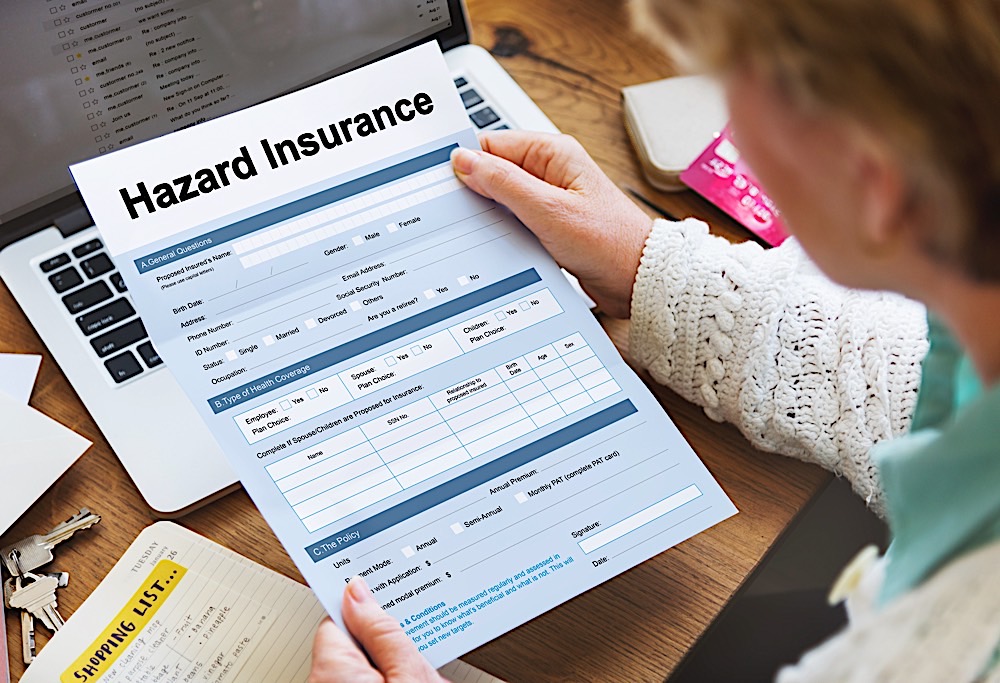Even if the damage is small, getting into a car accident can be a tremendous nuisance. “How Long Does It Take Insurance To Process A Claim?” you might wonder after filing a claim. The short answer is that it normally takes about 30 days. It can, however, differ based on a few additional circumstances.
- NOTE THE FOLLOWING
- The average time it takes for an insurance claim to be resolved is one month.
- The time it takes to decide a claim is determined by the state and kind of claim.
- Bodily injury claims, on average, take longer to resolve than property damage claims.
- In some areas, filing a claim after a collision might take up to a year or longer.
How Long Does It Take Insurance To Process A Claim?
A automobile insurance claim can take as little as a few weeks or as long as a few months to conclude. The time it takes to settle a claim is determined by the insurer, the state, and the nature of the claim.
The majority of states safeguard customers by requiring insurance companies to resolve vehicle accident claims as quickly as possible. Some governments even mandate a certain amount of time for settlement, such as 30 days. Some instances are as follows:
Insurers have 40 days to accept or reject a claim in California, and then 30 days to deliver payment once a settlement is reached.
North Carolina – Insurers have 30 days to acknowledge a claim and 10 days to pay it once it has been settled.
Texas – Insurers have 30 days to accept or reject a claim, and then five days to pay out after a settlement is reached.
However, the length of time it takes to process a claim is usually determined by the nature of the claim. Personal injury claims, for example, take longer to resolve than property damage claims.
Factors that may cause a claim to be delayed
The claim process might be slowed down by a variety of circumstances. Here are a few of the more significant ones you might encounter:
Injury severity: If a driver is seriously injured in a car accident, the settlement process will take longer. To determine how much money they can get, the driver must complete therapy.
Dispute about who was at fault: It’s not always easy to figure out who was at fault after an accident. If there is a disagreement regarding which motorist was at fault, the insurance companies will take longer to resolve the claim.
Negotiations that go back and forth: Negotiations for a settlement can take a long period in general. Normally, there is a lot of back-and-forth between lawyers, victims, and vehicle insurance companies.
When it comes to submitting an insurance claim, there are a few things to keep in mind.
Dealing with a stalled claim can be exasperating, especially if you’re the one who’s waiting for payment. Here are some suggestions for avoiding delays when filing a claim:
Provide proof right away: Take a number of photos of the damage after the accident, and write down when and where the accident happened, as well as a narrative of what transpired. This eliminates the need for the insurance provider to track down this information in the future.
Find out what the laws are in your state: Some states, as previously indicated, require insurance companies to pay claims within a particular amount of time. Know your state’s laws, and if the insurance company is taking too long, notify them or engage a lawyer to represent you.
Take the initiative: The truth is that resolving claims takes time. If you believe your insurance is taking too long to respond, don’t be hesitant to contact them and ask for an update. Do not wait for them to get in touch with you.
There are a few things you may do to speed up the process if you’ve been waiting months for a claim to be handled. Here are a few recommendations:
Keep track of every conversation you have with your insurance company, including the date and future steps.
To keep things moving forward, respond to inquiries and finish documents as soon as possible.
Make copies of accident reports and damage proof on your computer in case you need to share them.
How to File A Car Insurance Claim
The best place to start filing a claim is at the scene of the accident. Following your assessment of the situation and ensuring that all drivers engaged are safe, you should take the following steps:
1. Call the cops: Even if there are no injuries, calling the cops after an accident is a good idea. An officer can examine the crash and take statements, allowing the claim procedure to move more quickly.
2.Exchange information with other drivers: Get the other drivers’ contact information and insurance information, including their insurance company and policy number.
3.Collect damage evidence: Photograph the damage to both the vehicles and the accident location. Insurers can utilize this data to determine who is to blame.
4.Call your car insurance company: If you were at fault, contact the claim department of your insurance company. You’ll be given paperwork to fill out, along with photo evidence and a police report to attach. Your insurance company will call the other driver’s insurance company, and the two will work together to resolve the claim.
If you were not at fault for the accident, you should follow the processes outlined above to make a claim with the at-fault party’s insurance provider. Even though no claim will be submitted through them, it’s a good practice to notify your insurance provider to keep them informed.
When you shouldn’t submit a car insurance claim
Isn’t it true that if you have car insurance, you should file a claim whenever your vehicle is damaged? Well, not quite.
Before filing a claim, consider the following:
The extent of the damage
Your deductible is the amount of money you have set aside for
What effect a claim will have on your rate
Whether or not there were any other people involved in the accident
If the damage to your car is less than or equal to your deductible, it’s typically preferable if you handle the repairs yourself. Otherwise, you’ll be responsible for paying your deductible, and your insurance provider may hike your premium. Following an accident, insurers raise auto insurance prices by an average of 26 percent to 32 percent. On average, this translates to an extra premium of $360 to $460 each year.
Also, depending on the severity of the damage, you may not want to make a claim if the only vehicle involved is yours.
What methods do insurance companies use to settle claims?
If you cause an accident, your property damage coverage will cover the other driver’s vehicle repairs, and your bodily injury policy will cover any accident-related expenditures if they are harmed. Only in no-fault states, where a driver’s personal injury protection (PIP) coverage pays for their injuries, is there an exception.
Your insurance company will pay an insurance settlement for your vehicle’s repairs if you have a full coverage policy with collision coverage, up to the actual cash value of your car. In addition, you must pay your collision deductible.
So, who is going to get the money? If another driver is at fault and the other driver’s insurance covers the repairs, the insurer will normally reimburse you or the body shop directly. If you have a lease or loan your car, however, the insurer would most likely split the claim payment between you and the leaseholder or lienholder.
How long do you have to file an insurance claim after an accident?
The amount of time you have after a car accident to file a claim varies depending on your state and the type of claim.
The statute of limitations in many states is between two and four years. To find out how long you have to file, contact your state’s insurance department.
Questions that are frequently asked
What should I do if my insurance company refuses to process my claim?
If your insurance provider is taking an eternity to handle a claim, contact the adjuster for an update and to see what you can do to speed things up. If your state requires insurers to handle claims within a certain amount of time, make a note of the deadline and tell your insurance provider as soon as possible if the deadline has passed.
What if the insurance company fails to deliver on its promises?
You have the right to know why your claim was decreased or denied in this circumstance. If you believe you are entitled to a greater settlement, you should speak with a lawyer who can speak with the insurance on your behalf. In some areas, you may be able to sue your insurance company in small claims court to recover the money you’re owed.
What does it mean when an insurance company acts in bad faith?
When your insurance provider intentionally does something to reduce your prospects of achieving a fair reimbursement, this is known as an insurance bad faith claim. Denying claims, underpaying claims, taking a lengthy time to process a claim, or misrepresenting your policy to achieve a smaller payout are just a few examples. If you suspect insurance bad faith, talk to your insurance company about it first, and if that doesn’t work, consider seeing an attorney.
Is it possible to sue an insurance company for delaying your claim?
If your insurance provider takes too long to resolve a claim, you have the right to sue them. However, if your state doesn’t have regulations governing how long an insurer has to handle a claim, you generally won’t be able to sue.



